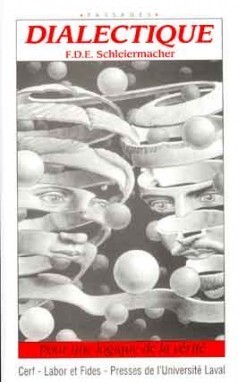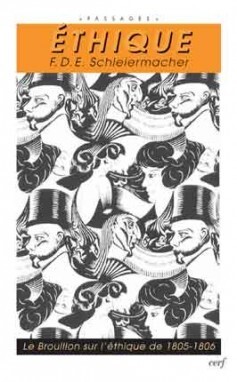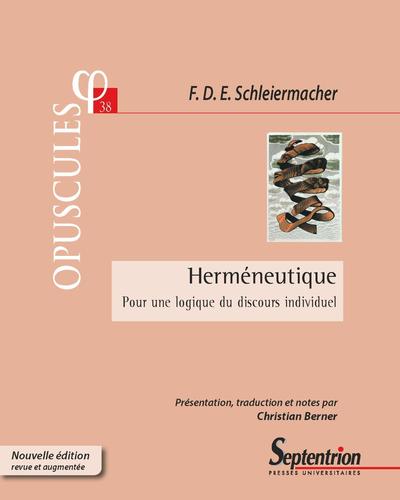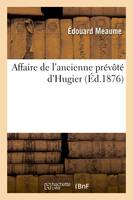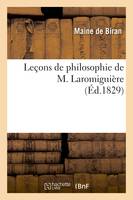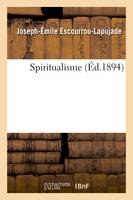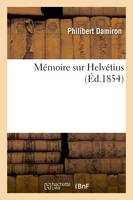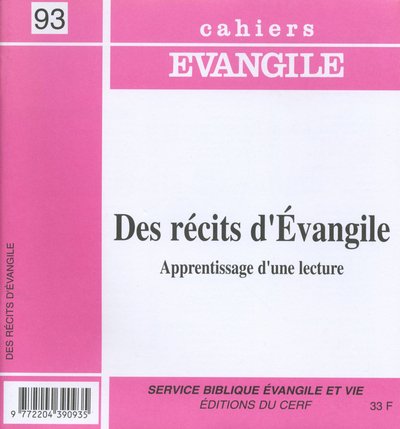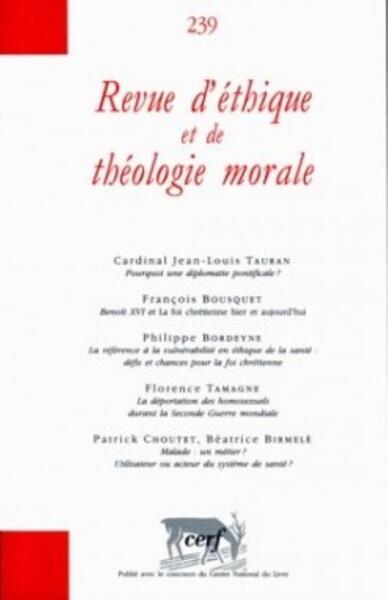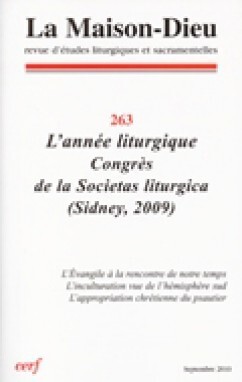Introductions Aux Dialogues De Platon (1804-1828) - Leçons D'Histoire De La Philosophie (1819-1823)
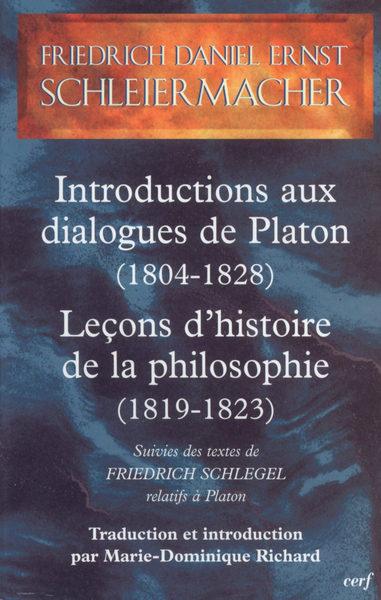
Description
Cet ouvrage constitue la première traduction en français des « Introductions » de F. D. E. Schleiermacher aux dialogues de Platon ainsi que des textes de F. Schlegel relatifs à Platon. Cette traduction est précédée d'une introduction où son auteur tente de montrer comment les enjeux philosophiques, des penseurs romantiques les conduisirent à négliger la vérité historique dans leur exégèse de Platon. Ainsi, la conception schlégélienne de la philosophie platonicienne et même de la philosophie tout court entrait totalement en contradiction avec l'idée de l'existence d'une doctrine platonicienne non écrite à tendance systématisante. Selon Schlegel, en effet, « la philosophie aspirant à prendre son envol vers l'Infini sans jamais parvenir à l'atteindre ne saurait être confinée ni dans des écrits ni dans des lettres et des systèmes ». Seule la forme dialectique était susceptible de refléter le va-et-vient incessant d'une pensée en quête de l'Infini. « La philosophie de Platon se confondait avec la philosophie en soi car Platon avait réussi à faire coïncider le fond et la forme de sa pensée dans ses écrits. Platon avait une philosophie, mais pas de système : sa pensée n'était jamais parvenue à l'état d'achèvement. » Dans ses écrits, Platon avait choisi le genre le plus adéquat pour traduire sa conception de la méthode et de la forme du discours philosophique, à savoir le dialogue. Loin de crypter les doctrines de Platon, les dialogues embrassaient la quintessence de sa philosophie. Dans ses Introductions aux dialogues de Platon, Schleiermacher reprit à son compte en les « absolutisant » les présupposés philosophiques de Schlegel et substitua ce faisant une herméneutique « organiciste » à l'herméneutique systématisante de W.G. Tennemann. Mais loin de s'imposer, le « paradigme romantique » suscita dès cette époque des réactions critiques, notamment chez l'éminent philologue et disciple de Schleiermacher, A. Boeckh, et chez K.F. Hermann. De nos jours, le débat se poursuit entre les antiésotéristes et les tenants de l'ésotérisme platonicien, selon lesquels il s'agit non de combattre Schleiermacher, mais de le dépasser dans la voie qu'il a lui-même tracée. L'ambition de l'ouvrage est de mettre à la portée du lecteur éclairé les textes qui sont à la base de ce débat amorcé au début du XIXe siècle afin qu'il puisse juger sur pièces.--This book consists of the first French translation of F. D. E. Schleiermacher's ‘Introductions' to the dialogues of Plato as well as F. Schlegel's texts concerning Plato. The translation is preceded by an introduction, where the author shows how the philosophical challenge has made romantic thinkers neglect the historical truth in their exegeses of Plato. Schlegel's conception of Platonist philosophy, indeed of all philosophy, is totally in contradiction with the idea of the existence of an unwritten Platonist doctrine with a tendency to systematization. According to Schlegel, ‘philosophy that aspires to float off into infinity, without ever getting there, cannot be confined to writings or letters and systems'. Only the dialectic mode is capable of reflecting the constant to-and-fro of thought in search of infinity'. Plato's specific philosophy was confounded with philosophy in general because Plato had succeeded in bringing the form and the matter of his thoughts together in his writings. Plato did have a philosophy, but not a system: his philosophy never reached the stage of completion.' In his writing, Plato had chosen the most adequate genre to convey his conception of the method and form of philosophical discourse, that is to say dialogue. Far from coding Plato's doctrines, the dialogues encompassed the quintessence of his philosophy. In his ‘Introductions to the dialogues of Plato', Schleiermacher takes Schlegel's philosophical presuppositions for his own, making them more absolute and substituting ‘organizationist' hermeneutics for the systemizing hermeneutics of W.G. Tennemann. Far from being universally accepted, the ‘romantic paradigm' attracted critical reactions even at that time, especially from the eminent philologist and disciple of Schleiermacher, A. Boeckh, and from K.F. Hermann. Today, the debate continues between the anti-esotericists and the defenders of Platonist esotericism, who maintain that it is not a question of combating Schleiermacher, but continuing further along the path he himself mapped out. The ambition of this book is to make accessible to the informed reader the texts that form the basis of this debate that began at the beginning of the 19th century, so that they may judge for themselves.
Détails
Auteur: Friedrich Schleiermacher
Editeur: Cerf
Collection: Textes
Presentation: Broché
Date de parution:
Nombre de pages: 579
Dimensions: 12,5 x 19,5 x 3,0
Prix publique: 49,00 €
Information complémentaires
Numéro de série: 1804
Classification: Sciences humaines et sociales, Lettres > Philosophie
Code Classification: 3080 > 3126
EAN-13: 9782204071994
Pour modifier cette fiche vous devez être connecté:
Se connecter:
Où trouver ce livre:

(Liste non exhaustives de librairies ayant ce livre en stock (actuellement 3400 librairie référencées dans notre annuaire). Vous êtes un professionel du livre et souhaitez figurer sur cette carte ? Contactez nous ! )
Vous pouvez également vous raprochez d'une librairie proche de chez vous:

